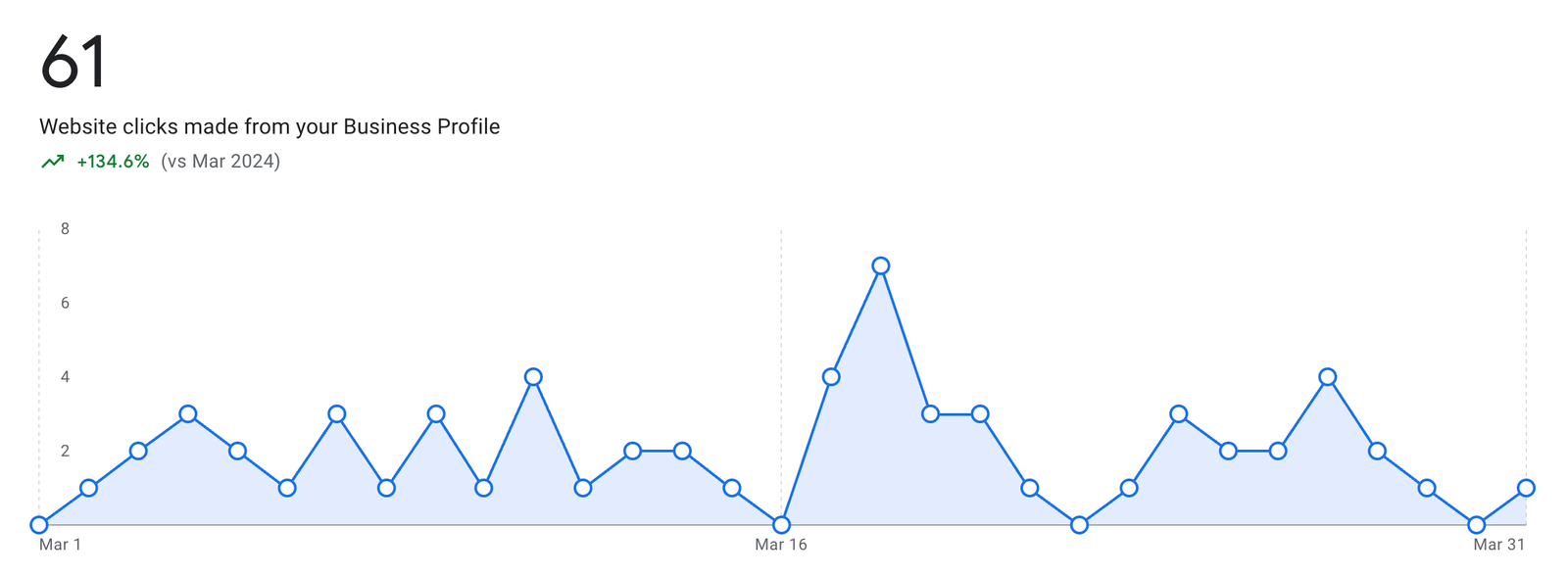
Introduction
In today's digital landscape, local search engine optimization (SEO) has emerged as a cornerstone for businesses looking to enhance their online presence, attract potential customers, and ultimately drive sales. For orthodontists, mastering Boston SEO the art of local SEO is not just beneficial; it is essential. With more patients turning to the internet to find dental services in their area, an effective local SEO strategy can set local seo company boston you apart from competitors.
This comprehensive guide will delve deep into the nuances of Orthodontists’ Guide to Dominating Local Search Results with Effective SEO. We will explore key concepts such as keyword research, on-page and off-page optimization, Google My Business (GMB) strategies, and more—all tailored specifically for orthodontic practices.
Understanding Local SEO: The Basics
What is Local SEO?
Local SEO refers to the practice of optimizing your online presence to attract more business from relevant local searches. Unlike traditional SEO, which aims at ranking for broad keywords globally or nationally, local SEO focuses on location-based searches. This can include anything from "orthodontists near me" to "best orthodontist in Boston."
Why Local SEO Matters for Orthodontists
The importance of local SEO cannot be overstated. Approximately 76% of consumers who conduct a local search visit a business within a day. If your orthodontic practice does not show up in those search results, you are potentially losing out on countless new patients.
Keyword Research: Finding Your Niche
Identifying Relevant Keywords for Orthodontics
Keyword research is the bedrock of any successful SEO strategy. Begin by identifying keywords that potential patients might use when searching for orthodontic services:
- Orthodontists in [Your City] Best braces near me Affordable orthodontic treatment Pediatric orthodontist Boston
Utilizing tools like Google Keyword Planner can help you discover additional long-tail keywords that fit your niche.
Using LSI Keywords in Your Content
Latent Semantic Indexing (LSI) keywords are words and phrases semantically related to your primary keyword. For instance:

- "Braces" "Aligners" "Dental health"
Incorporating these into your content naturally helps search engines understand the context and relevance of your page.

On-Page Optimization Techniques
Crafting Compelling Meta Tags
Meta titles and descriptions provide brief insights into what visitors can expect from your site. Make sure they are:
Concise Containing relevant keywords Enticing enough to encourage clicksExample Meta Title: Best Orthodontist in Boston | Affordable Braces & Aligners
Example Meta Description: Looking for expert orthodontic care? Our Boston-based clinic offers affordable braces and aligners tailored just for you!
Optimizing Headers and Subheaders
Use headers (H1, H2, H3) effectively by organizing your content logically while including target keywords where appropriate.
Content Creation: Engaging Your Audience
Writing High-Quality Blog Posts
Regularly updating your blog with informative content can establish authority in your field and engage potential clients. Consider topics such as:
- The benefits of early orthodontic treatment How to choose the right braces Tips on maintaining oral hygiene during orthodontic treatment
Each blog post should contain internal links directing readers back to your primary service pages.
Utilizing Visual Content
Images, infographics, and videos greatly enhance user experience and engagement rates. Make sure to optimize these visual elements by using descriptive file names and alt text containing relevant keywords.
Google My Business: Claiming Your Spot
Setting Up Your GMB Account
Claiming and optimizing your Google My Business listing is crucial for local visibility. Ensure that all information—such as business name, address, phone number (NAP), operating hours—is accurate.
Encouraging Customer Reviews
Positive reviews can significantly impact both rankings and customer decisions. Encourage satisfied patients to leave reviews on Google and other platforms.
Off-Page Optimization Strategies
Building Quality Backlinks
Backlinks from reputable sources signal credibility to search engines. Engage in guest blogging or partnerships with dental associations or health blogs relevant to SEO for dentists or SEO for medical practices in Massachusetts.
Social Media Engagement
Active participation on social media platforms can help drive traffic back to your website while enhancing brand visibility. Share testimonials, educational posts about orthodontics, or community events you’re involved in.
Technical SEO: The Backbone of Your Website
Ensuring Mobile Responsiveness
With over half of all web traffic coming from mobile devices, ensuring that your website is mobile-friendly is non-negotiable.
Improving Site Speed
A slow-loading website can deter users and negatively impact rankings. Utilize tools like Google PageSpeed Insights to assess load times and make necessary improvements.
Measuring Success: Tools & Metrics
Tracking Key Performance Indicators (KPIs)
Utilize tools like Google Analytics or SEMrush to monitor important metrics such as organic traffic growth, bounce rates, and conversion rates over time.
Adjusting Strategies Based on Data Insights
Based on performance data gathered through analytics tools, adjust strategies as needed—whether it’s refining keyword usage or enhancing site speed features.
FAQs About Local SEO for Orthodontists
What is the best way to optimize my orthodontics website?- Focus on keyword research, quality content creation, mobile responsiveness, GMB optimization, and backlink building.
- Typically between 3–6 months depending on competition level and consistent effort put forth.
- Yes! Backlinks from reputable sites improve domain authority which helps boost rankings.
- A blog helps establish authority in the field while providing fresh content that drives traffic.
- Regularly! Update whenever there’s a change in services offered or special promotions.
- Absolutely! Engaging with patients via social media increases brand awareness while driving traffic back to your website.
Conclusion: Taking Charge of Your Online Presence
In conclusion, mastering local search engine optimization is vital for orthodontists aiming to maximize their online visibility and patient acquisition efforts effectively. By implementing robust strategies across various facets—keyword research, on-page/off-page optimizations, technical aspects—you empower yourself with the tools needed not just to compete but excel in today’s competitive landscape.
As we’ve explored through this Orthodontists’ Guide to Dominating Local Search Results with Effective SEO, being proactive about these techniques ensures that when potential patients look for services like yours online—they find YOU first! So roll up those sleeves; it's time to elevate your practice's digital game!